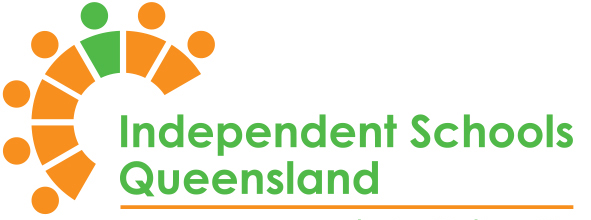Funding
School Funding
Independent schools form a key part of the education landscape in Australia and sit alongside State and Catholic schools in contributing to Australian society and the safety, learning and wellbeing of Australian children.
Queensland independent schools cater for families from a variety of social and economic backgrounds and income levels, offering a wide range of choice for families including faith-based and secular schools, boarding and day schools, and schools for children with special needs.
Funding for Independent schools relies on partnerships between governments, parents and school communities.
Government funding for schools is provided by the Australian Government and the Queensland State Government. The Australian Government is the main government funding source for Queensland non-government schools, providing 80 per cent of total government recurrent funding while the state provides 20 per cent. The State Government is the main funding source for government schools. The proportions of private/government funding vary greatly from school to school.
School Resourcing Standard
The level of funding for each school is based on a measure called the Schooling Resource Standard (SRS), which estimates how much funding a school needs to educate its students.
The SRS is made up of a base amount for each primary or secondary student, plus additional amounts called loadings for six types of disadvantage:
- Disability
- Low English proficiency
- Parents’ work/education level
- First Nations
- Remote schools
- Small schools
The 2024 base amounts are:
- $13,557 per primary student, and
- $17,036 per secondary student
In Government schools, the SRS is paid jointly by the relevant state or territory government (80%) and the Commonwealth (20%). Parents may contribute voluntary fees on top of the governments’ funding, but no reduction is made to the SRS amount based on parents’ income or any funding raised.
Capacity to Contribute
Government schools are entitled to receive the full amount of the base funding, whereas base funding for non-government schools is adjusted according to ‘capacity to contribute’. Capacity to contribute (CTC) is a measure of the school community’s capacity to contribute to the school’s operating costs.
The more parents earn, the less government funding is provided to independent schools.
This is calculated using parents’ income tax data to determine the median parent income for each independent school.
Each independent school is then assigned a CTC score between 60 and 180, based on its parents’ median income. The higher the CTC score, the bigger the reduction.
Capital income
On average, parents and communities provide 86 per cent of capital funding for independent schools in Queensland.
In the Independent sector, government capital grants are distributed on a needs basis through Block Grant Authorities, with priority given to disadvantaged school communities with the least capacity to raise funds.





